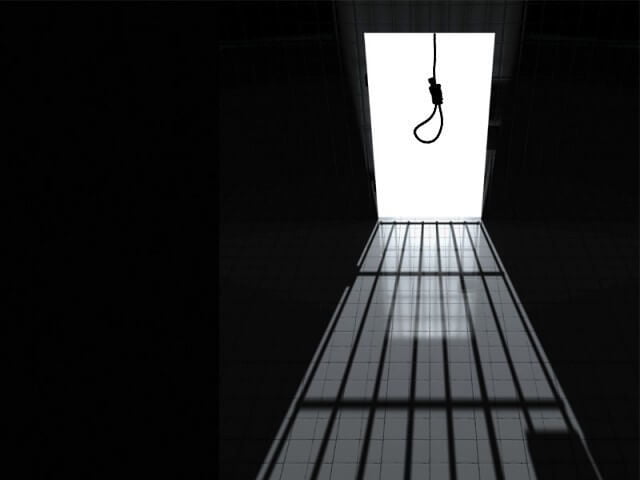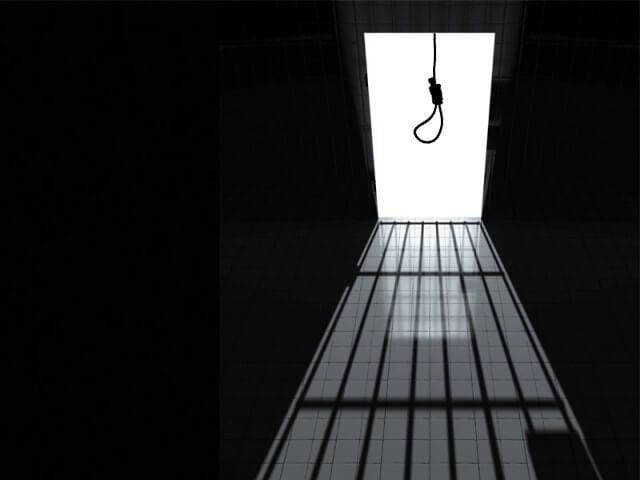Disclaimer: Originally published in April 2019. It is being republished since it still remains an interesting topic till today.
By Saksham Chawlaa
From time to time from ages, every society has come across dilemmas in determining valid resolute to tackle the misdeeds occurring around us.
One such controversial act is ‘Death Penalty’ which has been till date in different parts of the world and a matter of debate.
Capital punishment being considered immoral by the United Nations held a moratorium where it called for a suspension of the death penalty as it undermines human dignity and has no evidence of it acting as a deterrent.
53 countries still practice the death penalty including USA, China, Japan, India, Nigeria, Afghanistan where 60 percent of the world’s population resides.
India’s take on it
India being a home to more than 1.2 billion people has thousands of cases every year involving various crimes including murder, rape, terrorism and corruption.
Indian constitution has this principle inherent in itself where the judiciary clearly states that the death penalty may be given in the rarest of the rare cases where there is a heinous crime.
In the UN moratorium, India clearly condemned the proposal of getting away with the death penalty then why is it that it has been kept to the minimum?
There is constant pressure from international organisations to recognise the rights of the prisoners.
But India itself being a democratic country feels that in a democracy the death penalty serves no purpose as to serve the community at a larger level and believes that retribution to be a better measure to tackle criminal activity, but has India succeeded?
Official records tell a different story where in India from 1990 to 2008 the rapes have doubled and murders have increased by 7.39% from 1953 to 2006. Still, the Supreme Court holds the constitutionality of this act.
Read More: Madhya Pradesh To Give Death Penalty For Rape But With A Catch: Will Even That Help India?
Deterrent or Unethical?
Although the death penalty has still not proven that it acts as a deterrent against crimes but it very much appeals to the human mind as a way of justice to the victim.
An immoral person cannot be treated at par with a moral person so it rules out the natural rights given to a person. A human loses his rights when he takes away the legal rights of others in a civilized society.
In the 2012 December, Nirbhaya rape case people stood on the road as to get the culprits to be hanged till death.
Alongside the agony among the citizens, it is quite influential in creating fear among the minds of such sinful people and make sure that nobody dares to get involved in these types of heinous crimes.
Retribution serves no purpose where there is a loss life and the whole country is fear-stricken, a person kept behind the bars and then left open again has a greater chance to indulge in such unlawful acts again and do greater harm to society.
A country has no obligation to keep feeding a criminal who is a burden on society and try to reform him as it cannot undo the harm it has done.
Image Credits: Google Images
Sources: Wikipedia, United Nations
Other Recommendations:
Should Prisoners Have A Right To Vote?



































After watching “Delhi Crime” it still haven’t left me for days till now, and I must say, I was shocked and appalled and even as a man, I will not set foot in India until a major reform will happen, in all areas – police, legal, social, education, infrastructure, environment, economy.
Unfortunately, that’s the only way a country can align itself with the rest of the developed countries and make its’ citizens and visitors feel safe and happy.